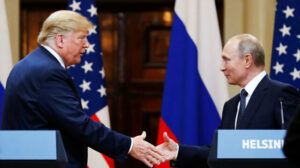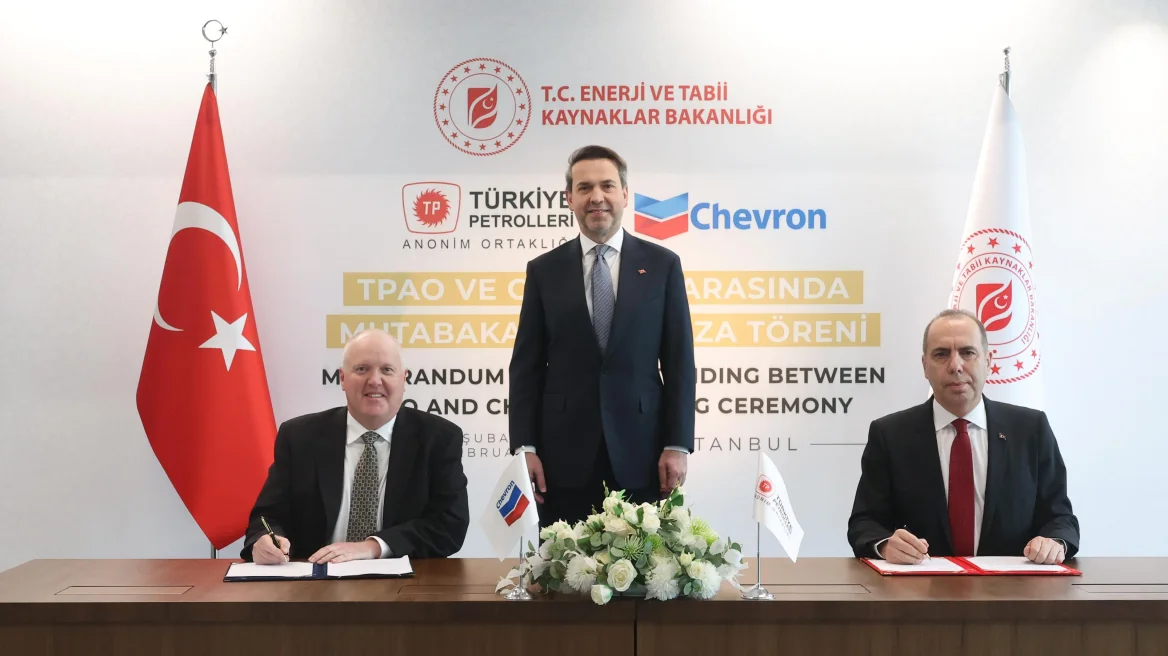“The age of innocence for Europe is over, and now it must ‘run’ toward strategic autonomy.” This is the conclusion reached by Maximos Mansion in the wake of rapid developments following U.S. Vice President Vance’s speech in Munich, the looming Trump-Putin negotiations in Saudi Arabia, and the emerging new geopolitical landscape.
This was also the essence of yesterday’s discussion among EU foreign ministers at the Bayerischer Hof Hotel in Munich, where Foreign Minister Giorgos Gerapetritis attended a briefing by the EU High Representative, Kaja Kallas, after her meetings with U.S. government representatives in Paris and Munich.
The takeaway is clear: Europe must make the major moves it has been postponing, and fast. Already, from Munich, both European Commission President Ursula von der Leyen and German Chancellor Olaf Scholz have sent signals advocating greater flexibility by activating the “escape clause” from the Stability Pact for defense spending—a stance that perfectly aligns with Athens’ long-standing position.
Collectively and United
Over the weekend, Kyriakos Mitsotakis met with European figures in Munich to decode the evolving situation. After all, it’s not just trade tariffs that are straining EU-Washington relations but also the blatant indifference of the Trump administration toward Europe’s substantive involvement in discussions on Ukraine. The Americans, however, have given the Europeans a first glimpse into their vision for the post-war scenario, as revealed by Polish Foreign Minister Radosław Sikorski.
“Europe cannot be absent from the table of peace talks on Ukraine. The time has come, I would say, for its geopolitical coming of age. And the moment to carve out its own distinct role in the new map of global power dynamics,” Kyriakos Mitsotakis told Kathimerini.
The Prime Minister will not be present in Paris today for the informal Weimar+ Summit initiated by Emmanuel Macron with an expanded composition, but he remains in direct contact with key stakeholders. Mitsotakis believes that the current situation is an opportunity for the EU to respond “collectively and united,” prioritizing its own geopolitical interests rather than being guided by U.S. strategic direction. Within this framework, he argues that decisions on common defense must be accelerated and cannot wait until June, as initially planned.
Mitsotakis intends to push for bolder initiatives in the realm of joint defense, beyond just fiscal flexibility. He has already placed on the table the idea of issuing joint debt to create a specialized Recovery Fund for defense projects.
Concerns Over Ukraine
It is clear that the coming period will see feverish activity, both in the foreground and behind the scenes, as Europeans scramble to reorganize in light of new U.S. strategies.
The situation in Ukraine—particularly the security guarantees that will be required later on—is a puzzle for Athens as well. A worrying scenario could emerge if an agreement disproportionately unfavorable to Ukraine is reached, given that the new U.S. administration seems to favor a transactional approach over adherence to fundamental principles of international law.
Notably, the new U.S. Secretary of State, Marco Rubio—who has long-standing connections with the Greek lobby—met in Munich with Turkish Foreign Minister Hakan Fidan.
Ask me anything
Explore related questions





